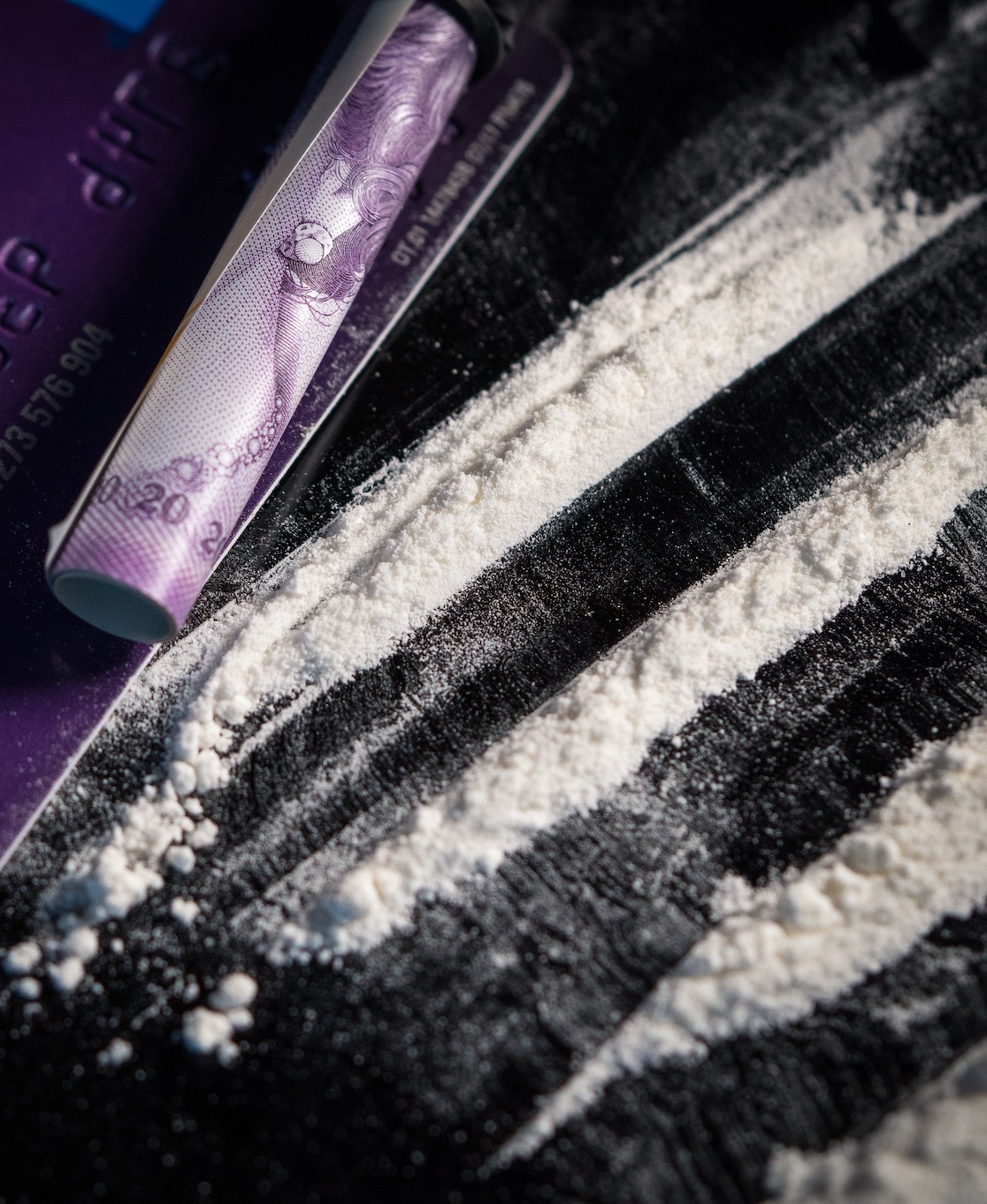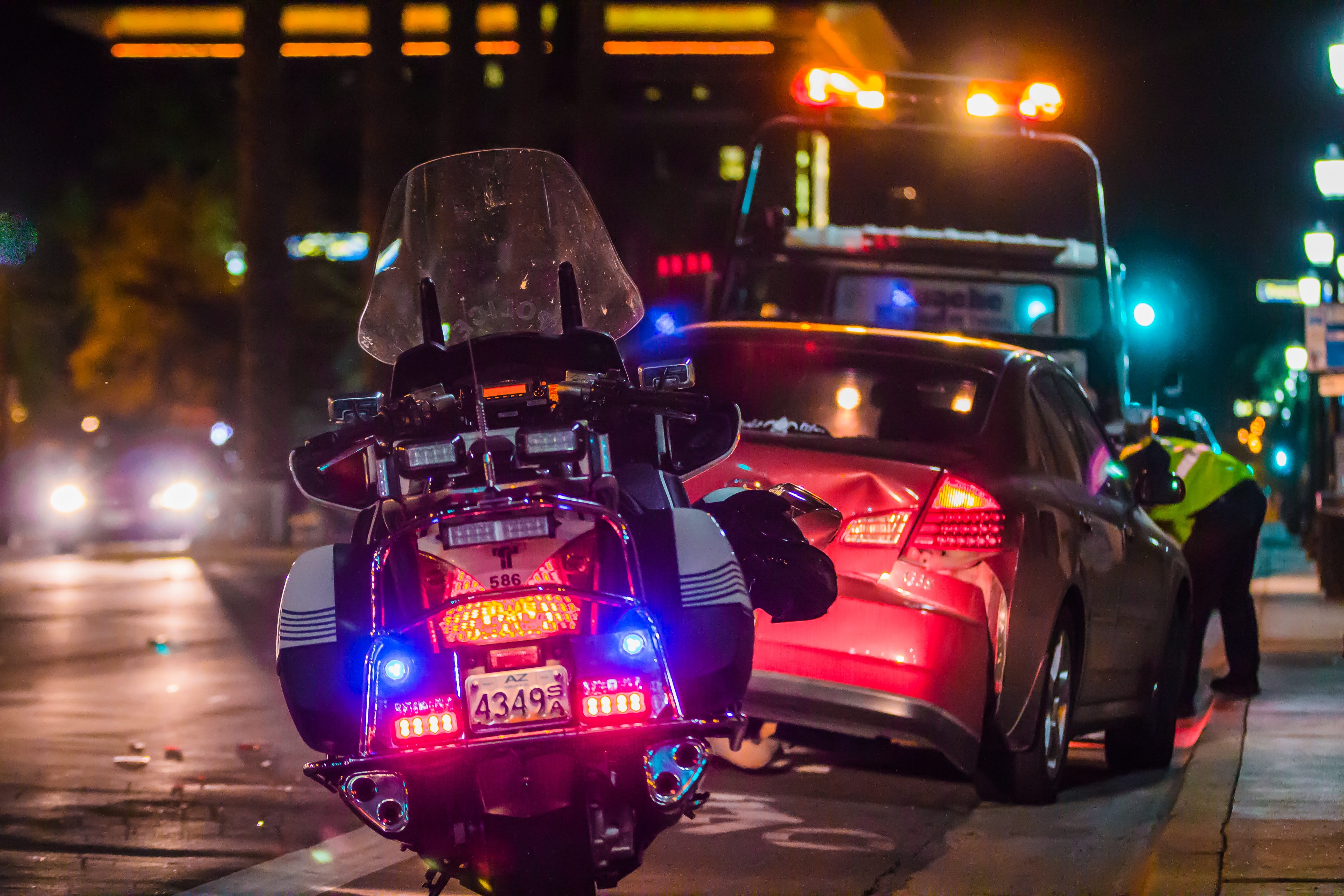Your most effective defense will likely involve challenging the legality of the search and suppressing the drugs.
Vehicles are a significant portion of a police officer’s responsibilities. Law enforcement is tasked with keeping our roads and highways safe and free from reckless or dangerous drivers. This often means stopping vehicles that are breaking motor vehicle laws. While many highway encounters with the police are routine and may result in a ticket and a fine, sometimes there are bigger issues. It is not uncommon for the police to stop vehicles only to discover some evidence of a crime. Routine vehicle stops can quickly turn into criminal investigations if the police find contraband like drugs in your car.
If the police find drugs in your vehicle, you are likely going to be searched and arrested. Searches must adhere to strict rules and procedures to be considered legal and valid. Vehicles are unique because they are mobile and do not offer much privacy to occupants. While warrants are generally required for most searches, vehicles offer many exceptions, and searches can often take place without a warrant. Once your vehicle has been searched and you have been arrested, you should speak with a drug crime defense lawyer about challenging the validity of your search and arrest.
When the Police Can Search Your Vehicle for Drugs
As a general rule, a search warrant is required before the police conduct any search. The warrant must be based on sufficient probable cause that evidence of a crime will be found in a particular location, such as a person’s home or in their car. However, vehicles are unlike homes because they can be quickly moved and are not nearly as private. These conditions often allow the police to search vehicles without a warrant if certain conditions are met.
Police can often search a vehicle when they have sufficient probable cause, even without a warrant. This means the police may search your vehicle and find drugs, but they need probable cause to conduct the search in the first place. The probable cause must demonstrate that drugs or other contraband are likely inside the vehicle. Police often find probable cause in the behavior of drivers. Drivers who appear high or intoxicated could have their vehicles searched. If the drugs were in plain view, such as on the front passenger seat, the police could use them as their probable cause to perform a subsequent search.
Under these circumstances, an officer may search the entirety of your vehicle, possibly even containers within the vehicle like bags or suitcases. However, other types of searches may not permit the officer to search the entire vehicle. For example, in many jurisdictions, the police may search a vehicle after arresting the driver, but only where the driver could immediately reach. Places like the trunk would be off-limits.
What Happens to My Car After the Police Find Drugs Inside?
If the police find drugs inside your car, you will likely be arrested or given a citation, depending on drug laws in your state. If the police have not yet searched your vehicle, perhaps because the drugs were in plain view, the police will now have the probable cause necessary to perform a warrantless search of your vehicle. If you had marijuana in your car and your state has decriminalized marijuana possession, this could let you avoid arrest. However, you may still face fines or other penalties.

After you are arrested, your car will likely be towed if there is no one else to drive it home for you. Depending on the circumstances, your car may be towed because it is considered evidence of a crime. In either case, your car will be searched and an inventory will be taken of all its contents. Any evidence of a crime found during an inventory search is fair game for the authorities to use against you.
Generally, the impound lot will only hold your vehicle for a limited time. This time limit might vary by jurisdiction or impound lot, but a 30-day time limit is common. If this time passes without your car being picked up, the impound lot may place a lien on your car and auction it off to cover the costs of towing and impoundment. If the auction does not cover your expenses, you could be sued for the remaining balance.
Defenses to Drug Charges Stemming from a Vehicle Search
If law enforcement officials found drugs in your car, you are probably facing potential criminal charges and penalties, including jail time and fines. It is crucial that you speak with a qualified drug possession defense attorney to determine the best way to defend yourself against the charges.
Not every defense involves asserting your innocence. In fact, many successful defenses do not touch the subject of guilt or innocence at all. Instead, you can focus on the legal procedures used to search your car and arrest you. For example, you can argue that the search of your car that led to your arrest was unlawful. Searches must meet strict legal standards to be valid, with or without a warrant. Searches conducted outside the scope of an appropriate search could be deemed illegal. If the search is illegal, any evidence seized in the search may be suppressed and barred from being used as evidence against you.
You can also challenge the probable cause that lies at the foundation of your search. The police cannot conduct searches based on hunches or gut feelings; there must be some articulable evidence that supports the search. If your search lacked probable cause or was downright arbitrary, you can argue to have the entire search and any seized evidence suppressed.
Dealing with Drug Charges After a Vehicle Search
If the police find drugs in your car, your legal problems are only just beginning. You will likely be arrested, and your vehicle will be thoroughly searched and impounded. The key evidence in this kind of case is the drugs found in your car. Your most effective defense will likely involve challenging the legality of the search and suppressing the drugs. Any criminal case can be complicated and overwhelming. Also, the rules and restrictions on searches and seizures might be a bit different in different jurisdictions. Hiring a skilled attorney should be your first step in dealing with these charges.


Join the conversation!